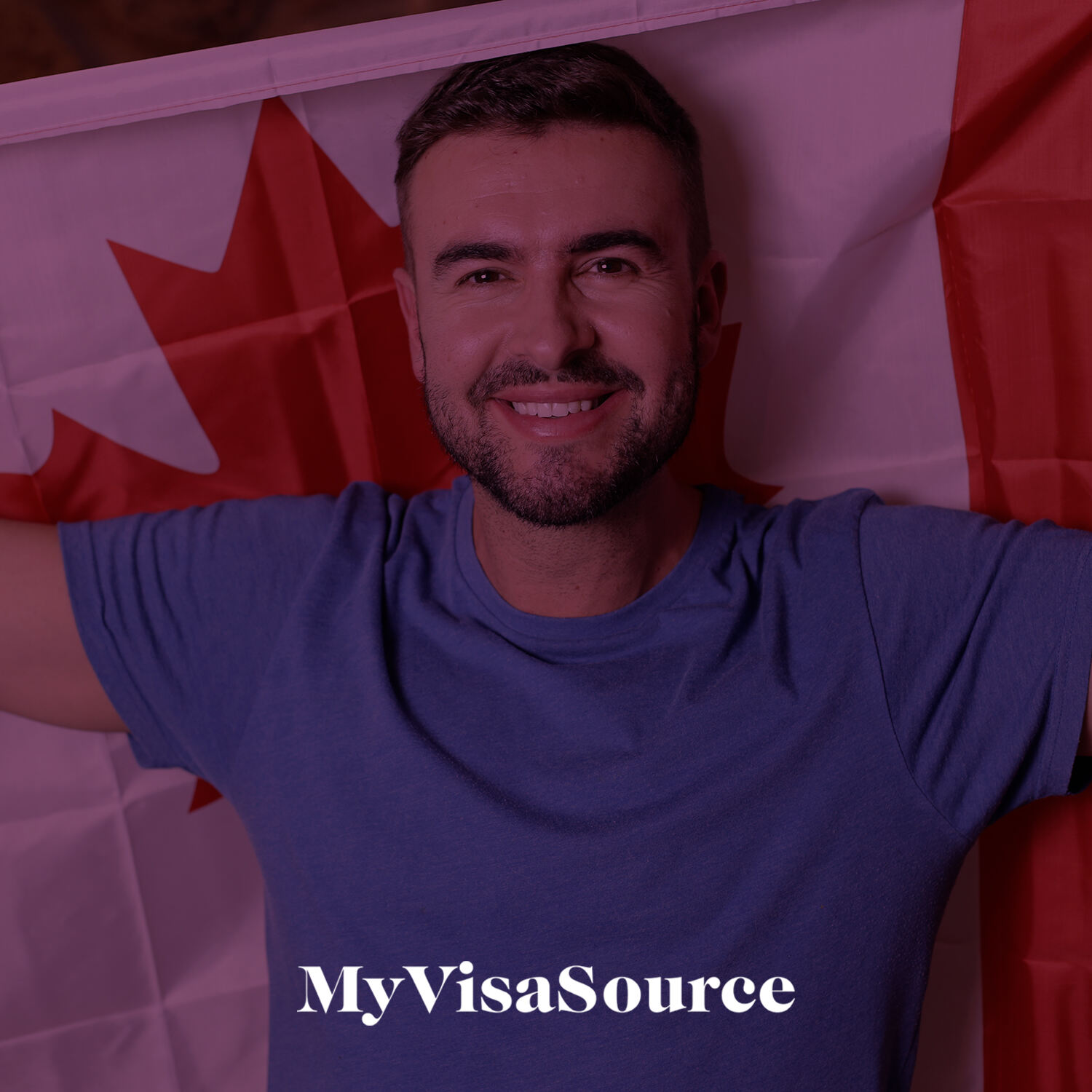As the year progresses, everyone is trying to anticipate how Immigration, Refugees and Citizenship Canada (IRCC) will meet the Immigration Levels target for 2021. However, the Canadian immigration levels for the rest of 2021 depend less on what IRCC does and more on how the political and social climate of Canada recovers from the Covid-19 pandemic.
The IRCC has made all the efforts to help the Canadian immigration system adapt to the new challenges of an ongoing global pandemic. The two things that will affect the trajectory of the Canadian immigration levels in the remainder of 2021 are Canada’s ability to effectively contain and defeat the Covid-19 virus and Prime Minister Trudeau’s decision on whether to carry out a federal election this fall.
What Is the Current Covid-19 Situation in Canada?
Canada’s immigration system was disrupted last year in March 2020 as the Covid-19 virus spread throughout the world. Since then, every immigration decision has been made keeping in mind the disruptions caused by the global pandemic. This has led the IRCC to shift many immigration programs on a digital platform and has introduced new policy changes to meet the immigration target of inviting over 401,000 new residents in 2021.
As the third wave caused the implementation of fresh lockdowns in Ontario, Quebec and Alberta, new Covid-19 infections have reduced nationally after Canada recovered from having 10,000 daily new cases in April. This is a direct result of Canada’s vaccination policy and stricter public health measures. Prime Minister Justin Trudeau recently announced that over 40% of the eligible population has received at least one dose of the vaccine. This brings Canada alongside the top five countries that have managed to effectively vaccinate their population.
It is expected that Canada will receive over 20 million more doses of the vaccine ensuring that some level of normalcy will be restored this summer. This will drastically affect the immigration estimates of the government as they will be able to send invitations to overseas applicants instead of just focusing on transitioning temporary residents.



















